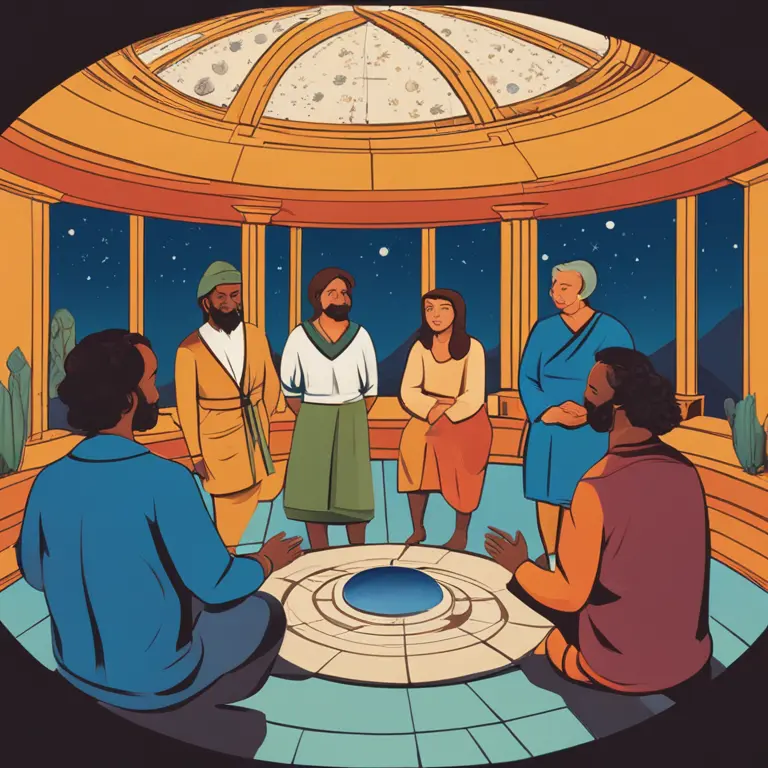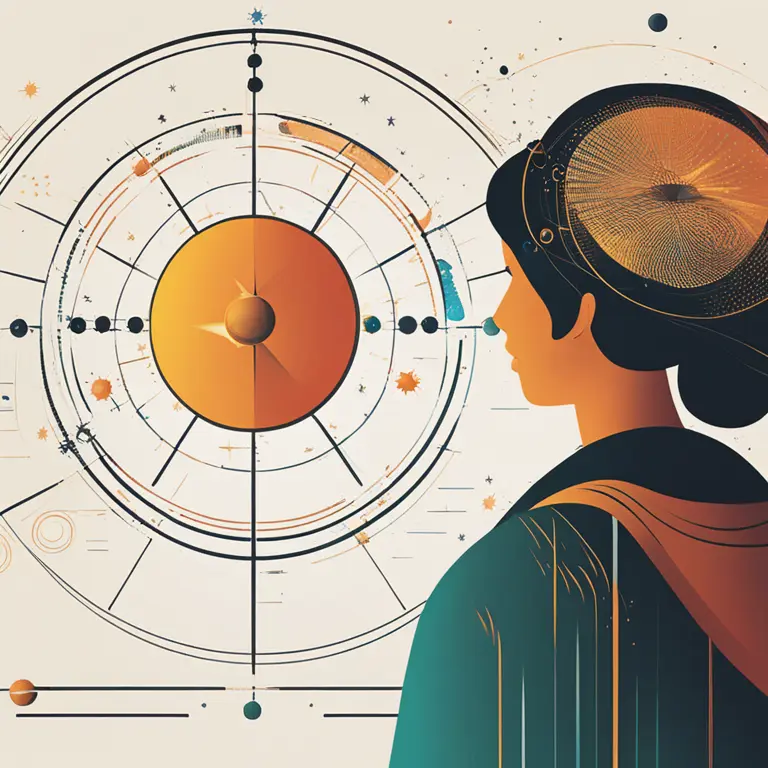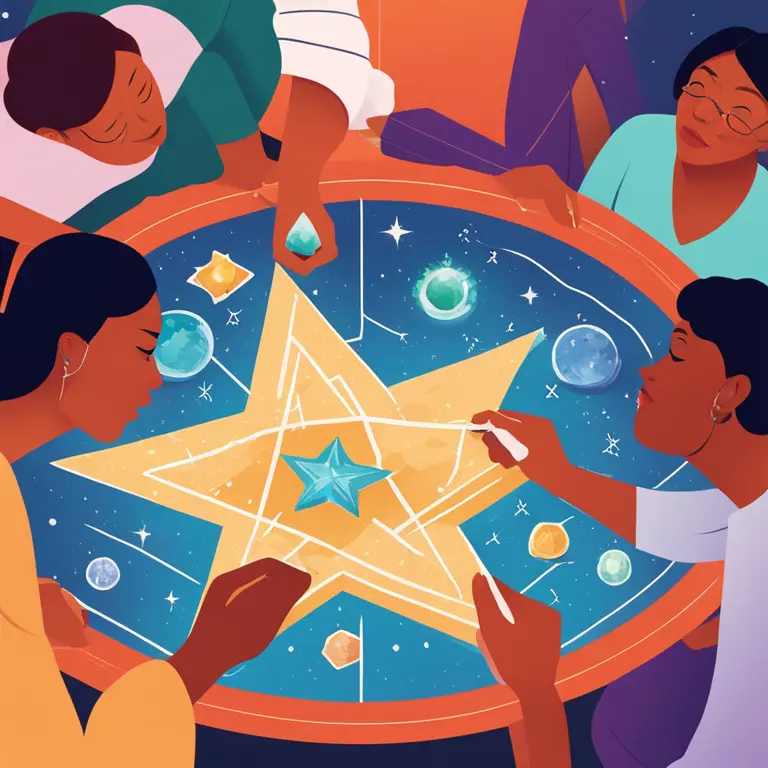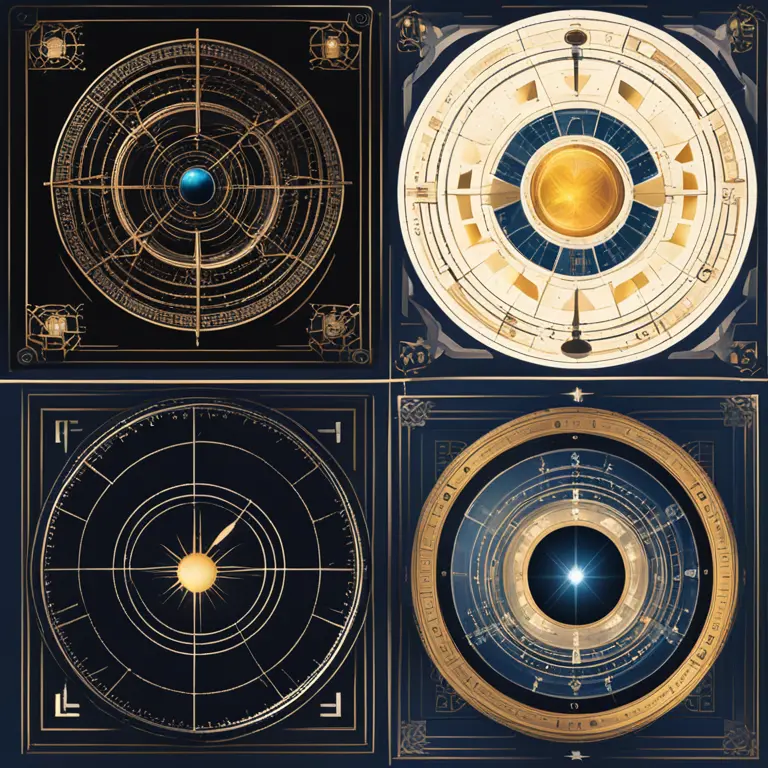
Can Astrology Be Scientifically Verified?
Examining the potential for scientific validation of astrology, this article delves into the empirical evidence and ongoing debates in the field.
article by Priya Deshmukh
The Quest for Evidence in Astrology
Despite astrology's ancient roots and widespread popularity, its scientific verification remains a contentious topic. Critics argue that astrology lacks empirical support and fails to adhere to scientific principles. On the other hand, enthusiasts point to anecdotal success and the tradition's historical significance as a form of knowledge. The debate hinges on whether astrological predictions can be systematically tested and confirmed through objective, replicable methods. Proponents claim that certain astrological tenets align with psychological profiles and life events, while skeptics dismiss these correlations as mere coincidences or the result of cognitive biases such as the Forer effect, which explains the tendency of people to accept vague and general personality descriptions as uniquely applicable to themselves.

Astrological Studies and Statistical Analysis
Although isolated studies have attempted to find statistical correlations between astrological predictions and real-world outcomes, results are often inconclusive or fail to withstand peer review. The scientific community generally requires rigorous methodologies and reproducible results to consider a theory credible. Astrology faces challenges in this regard, as it often relies on interpretations that vary between practitioners, making consistency hard to achieve. Critics argue that without concrete, measurable criteria, astrology cannot be subjected to the same scrutiny as conventional scientific disciplines. However, some researchers in the astrological community advocate for a more systematic approach to measuring astrological influences, aimed at fostering credibility and potentially uncovering any genuine patterns that exist.

Psychological Perspectives on Astrology
Astrology remains prevalent in modern culture, prompting psychologists to examine its appeal from a psychological standpoint. They have analyzed astrology's role in identity formation, cognitive biases in belief systems, and the human tendency to seek patterns and meaning. Astrology's personalized narratives often provide individuals with a framework for introspection and decision-making. Critics emphasize that these psychological effects do not validate astrology's underlying premises. They argue that confirmation bias, where people remember hits and forget misses, plays a significant role in the perception of astrology's accuracy.

Technological Advances and Astrology
The digital age has seen a resurgence in interest in astrology, facilitated by the availability of personalized horoscopes and astrological apps. Technology has, paradoxically, provided both a platform for astrology's growth and tools for its potential empirical examination. Big data and advanced analytics could enable large-scale studies that were previously impractical. However, as of 2024, such an endeavor has yet to produce conclusive evidence that satisfies the standards of the scientific community.

Sociocultural Implications
Astrology's significance extends beyond potential scientific validation, influencing cultural and social dynamics. It has become a social phenomenon, particularly among younger generations, seamlessly integrating into digital communication, entertainment, and personal relationships. This cultural footprint highlights astrology's role as a tool for social bonding and shared experiences, rather than merely a system that claims predictive powers. Recognizing astrology's sociocultural role may help explain its endurance and popularity, independent of its scientific merit.
Published: 1/12/2024
Modified: 1/12/2024
More predictions
Come back here soon to learn more about yourself and your future


Deciphering The Symbolism Of Tarot Cards
A concise guide to the symbolism and interpretation of tarot cards for insight and divination.


Zodiac Signs & True Self Reflection
Explore the compelling connections between zodiac signs and personality traits to discover if astrology paints an accurate picture of you.


The Mystique of Zodiac Water Signs
Dive into the emotional depths of the Zodiac water signs – Cancer, Scorpio, and Pisces – and discover the profound insights they offer.